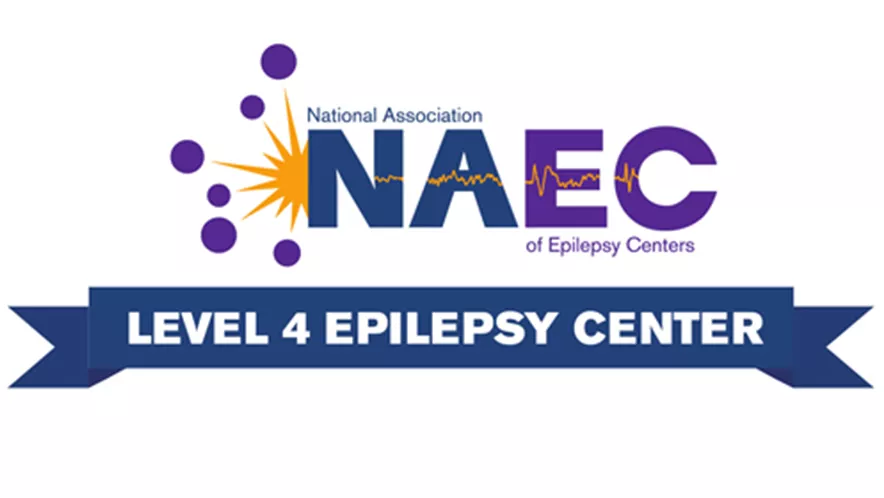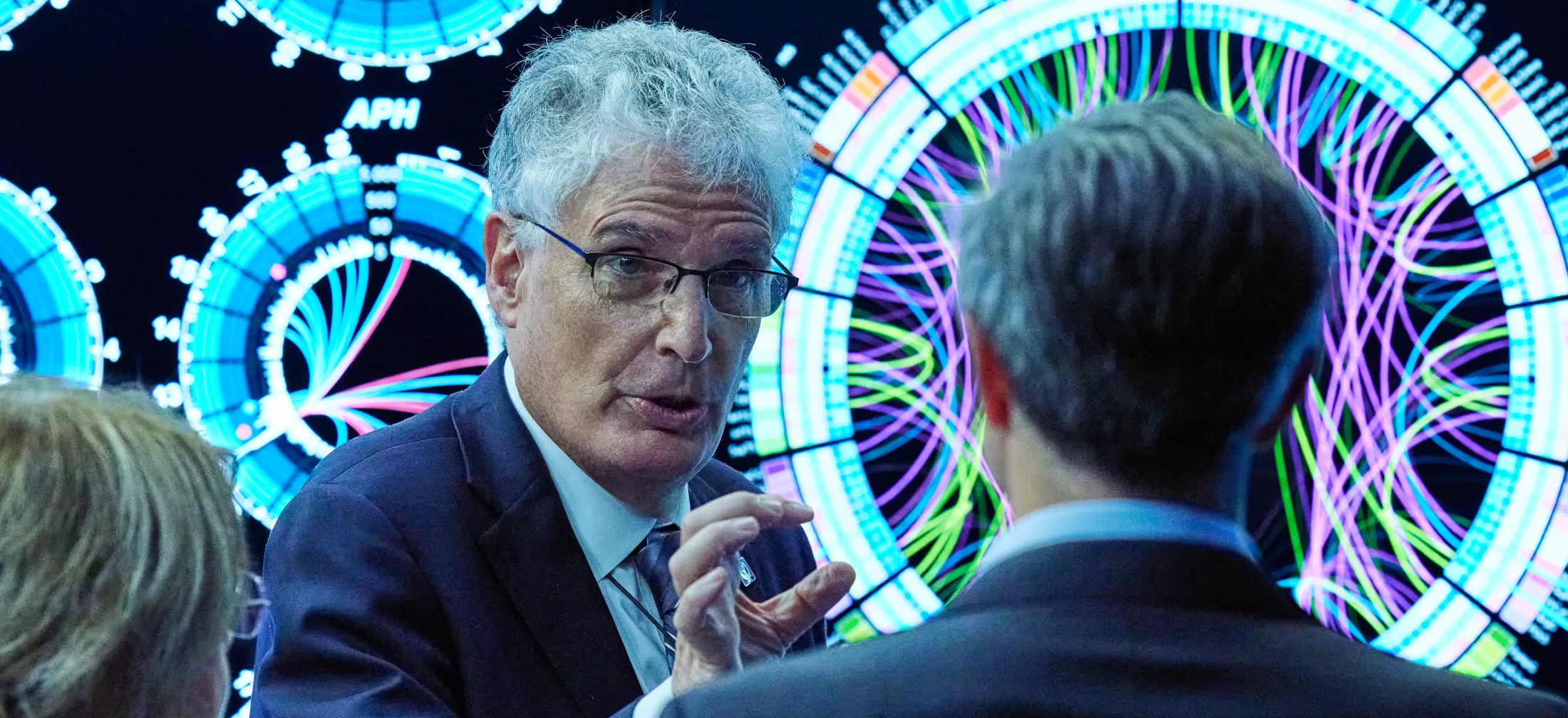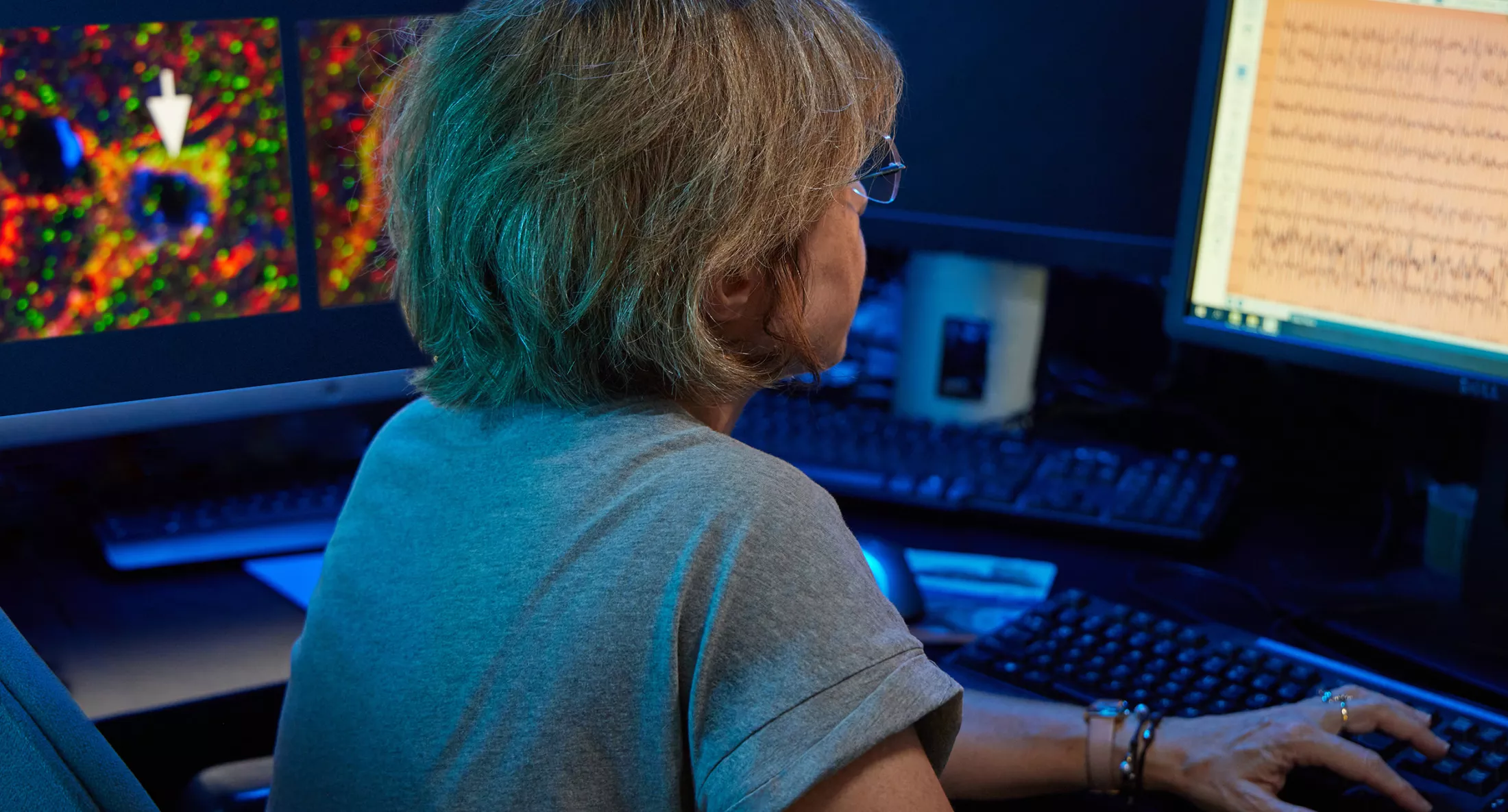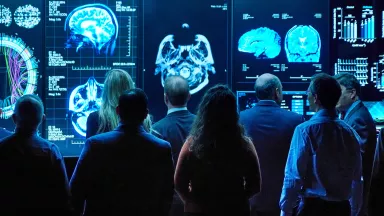Our Approach to Epilepsy


The Montefiore Einstein Comprehensive Epilepsy Center is internationally recognized for having one of the nation’s best interdisciplinary epilepsy teams and is a national and international referral site for the most complex epilepsy cases. For 40 years, our center has led the world in innovative and interdisciplinary epilepsy care and research through the departments of Neurology and Neurosurgery, and our world-renowned specialists are thought leaders at the forefront of leading all major national and international epilepsy societies, consortiums, and clinical trials.
Level 4 Epilepsy Center Designation
We are one of the first Comprehensive Level 4 Epilepsy Centers, the highest level designation from the National Association of Epilepsy Centers. This designation recognizes our expertise across a broad continuum of diverse child and adult epilepsy subtypes and provides the latest and emerging precision medicine-guided treatments for the most complex cases. As a Level 4 Center, our world-renowned specialists utilize complex forms of intensive neurodiagnostic monitoring, as well as more extensive medical, neuropsychological, and psychosocial treatment and offers a complete evaluation for epilepsy surgery, including intracranial electrodes and a broad range of surgical procedures for epilepsy. We are ranked in the top 1% of all hospitals in the nation for neurology and neurosurgery, according to U.S. News & World Report.
World-Renowned Care for All Stages of Life
Epilepsy has increasingly been recognized as affecting dynamic interactions between the entire brain and body. Our Comprehensive Epilepsy Center meets this challenge, treating patients at all stages of life with a leading team of world-renowned adult and pediatric epileptologists, neurosurgeons, neuroradiologists, neuropsychologists, neuropathologists, EEG technologists, genetic counselors and social workers. This comprehensive collaboration enables us to accelerate our understanding of epilepsy to offer individualized treatment options across the full spectrum of nervous system illnesses and conditions, from the common to the most complex.

Advanced Treatment
We diagnose and treat adults and children with a multidisciplinary team approach that includes the most advanced diagnostic technologies, as well as state-of-the-art facilities for long-term epilepsy monitoring, to facilitate precision medicine treatment plans.
We design our treatment plans, which encompass a broad spectrum of neurological and rehabilitation services and, if needed, surgical procedures, to optimize recovery, while considering each patient’s unique case and customizing their regimen based on their individual needs. The nonsurgical and surgical treatments we offer include the following.
We offer the most advanced diagnostic and imaging technologies to inform our patients’ care plans for all stages of life. Our intraoperative monitoring neurological specialists have unique expertise in intraoperative corticography (ECOG) and brain mapping as part of a multidisciplinary treatment plan for medically resistant cases. Our services include the following:
- Electroencephalography (EEG)
- High-density EEG
- Video-EEG Monitoring (Epilepsy In-Patient Monitoring Unit)
- Magnetic Resonance Imaging (MRI)
- Positron Emission Tomography (PET)
- Single-photon Emission Computed Tomography (SPECT)
- Intracarotid Amobarbital/Methohexital (Wada test)Simultaneous EEG-PET
- Statistical Parametric Mapping (SPM)
- Electrical Source Imaging (ESI)
- Magnetoencephalography (MEG)
- Intra- and Extra-operative Mapping
- Neuropsychological Testing
We offer a broad spectrum of nonsurgical treatment options, including antiepileptic medications, nutritional modification, as well as other therapies to maximize epilepsy care, control seizures and improve quality of life. Investigational therapies are also offered through clinical trials which can provide access to emerging treatments that are otherwise unavailable. Our services include the following:
- Antiepileptic Medications
- Investigational Therapies
- Dietary Therapy / Nutritional Modification
- Transcranial Magnetic Stimulation (TMS)
- Transcranial Direct Current Stimulation (tDCS)
- Trigeminal Nerve Stimulation (TNS)
For intractable and antiepileptic medicine-resistant cases, we offer patients access to the full spectrum of surgical treatment options, including the latest minimally invasive techniques and technologies. Our goal is to provide the most definitive yet safe procedures, taking into account the patient’s desires, goals and aspirations. Treatment options we utilize include: stereotactic electroencephalography (SEEG), surgical resection of seizure foci (such as anterior temporal lobectomy or selective amygdalo-hippocampectomy), laser ablation (LiTT), deep brain stimulation (DBS), responsive neurostimulation (RNS), and vagus nerve stimulation (VNS). Our team of world-renowned specialists works together with patients and caregivers to deliver optimal outcomes and quality of life. Our services include the following:
- Anterior Temporal Lobectomy
- Cortical Grids and Strips
- Corpus Callosotomy
- Deep Brain Stimulation
- Depth Electrodes
- Epilepsy Surgery
- Foramen Ovale Electrodes
- Functional Hemispherectomy
- Hemispherectomy
- Laser Ablation
- Laser Interstitial Thermal Therapy (LiTT)
- NeuroPace
- Responsive Neurostimulation
- Robot assisted Stereotactic Electro-Encephalography (SEEG)
- Robotic Surgery
- Section of Corpus Callosum
- Selective Amygdalohippocampectomy
- Selective Resection
- Stereotactic Electroencephalography (SEEG)
- Stereotactic Encephalography
- Vagus Nerve Stimulation
We offer comprehensive epilepsy rehabilitation services, including speech, physical and occupational therapy, as well as vocational and neuropsychological rehabilitation. Our highly individualized treatment plans are designed to maximize mobility and independence. Our services include the following:
- Physical and Occupational Therapy
- Speech and Language Therapy
- Neuropsychological Rehabilitation
- Cognitive Rehabilitation
- Vocational Rehabilitation
Through neuropsychological testing and treatment, our team of renowned psychiatrists, psychologists, and social workers provide patients with comprehensive emotional and psychological support and education for healing and maintaining mental and overall health. Our services include the following:
- Psychopharmacology and Antiepileptic Medications
- Neuropsychological Counseling and Rehabilitation
- Behavioral Interventions
- Cognitive Behavioral Therapy
- Psychosocial services
- Neuropsychological Testing
Research & Clinical Trials
Our team of clinical-based physician-researchers has led the nation in clinical trials studying pediatric and adult epilepsy, collaborating to uncover the origins of epilepsy during development, adult life, and its changing patterns throughout, as well as the differences between how the disease impacts men and women.
We have also taken the lead in studying febrile seizures, language disorders and autism, the relationship between seizures and seizure-induced brain injuries, the individualized treatment of epilepsy and seizure disorders, the impact of best treatments on quality of life and school performance, infantile spasms, pathogenesis and new treatments, the relationship between stress and epilepsy, and antiepileptogenesis—the prevention of epilepsy.


About Epilepsy
Epilepsies are chronic neurological disorders in which clusters of nerve cells, or neurons, in the brain sometimes signal abnormally and cause seizures. Neurons normally generate electrical and chemical signals that act on other neurons, glands, and muscles to produce human thoughts, feelings, and actions.
During a seizure, many neurons and different parts of the brain become synchronized and fire (signal) at the same frequency, meaning they are temporarily unable to perform their normal functions. This surge of excessive electrical activity happening at the same time may cause involuntary movements, sensations, emotions, or behaviors and the temporary disturbance of normal neuronal activity may cause a loss of awareness.
Epilepsy can be considered a spectrum disorder because of its different causes, different seizure types, its ability to vary in severity and impact from person to person, and its range of coexisting conditions. There also are many different types of epilepsy, resulting from a variety of causes.



















